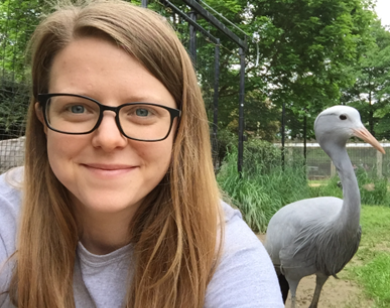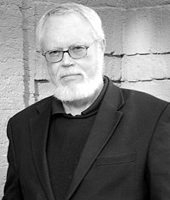Assistant Curator, Great Cats
Leigh Pitsko is the Assistant Curator for Great Cats, Andean bears, and the Kids’ Farm. She received her Bachelor’s degree in Wildlife Science and her Master’s degree in Geography at Virginia Tech. She started her zoo career at the Brevard Zoo and has been at the National Zoo for ten years.












